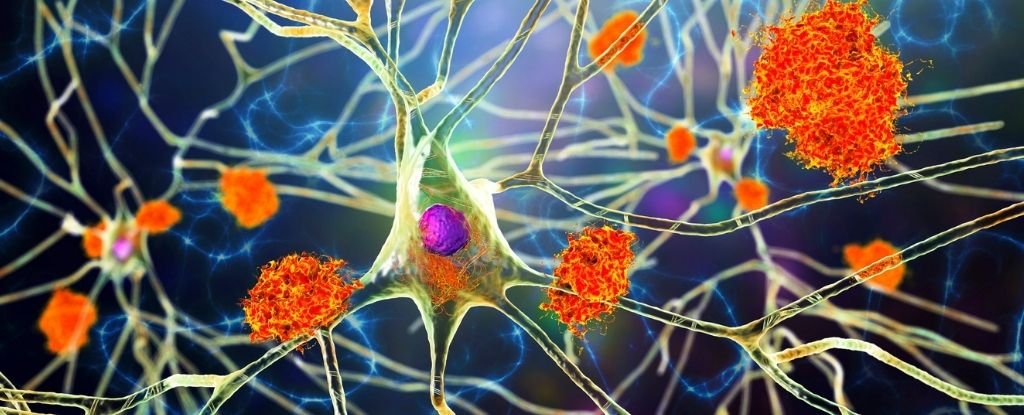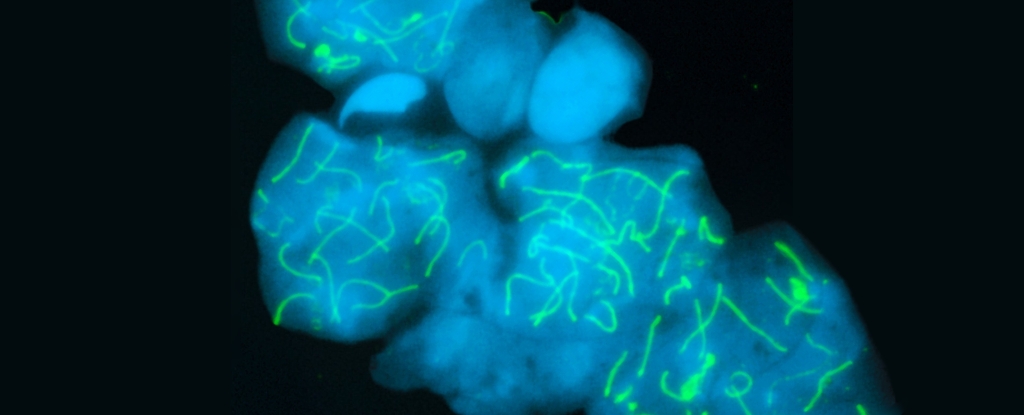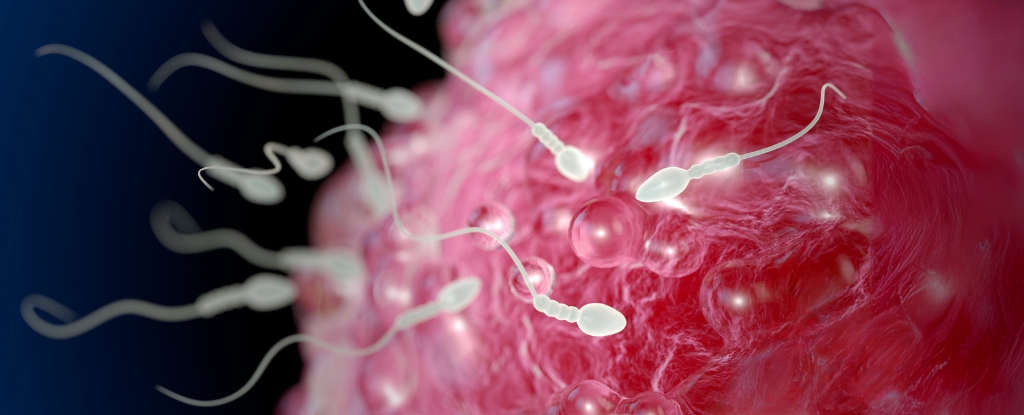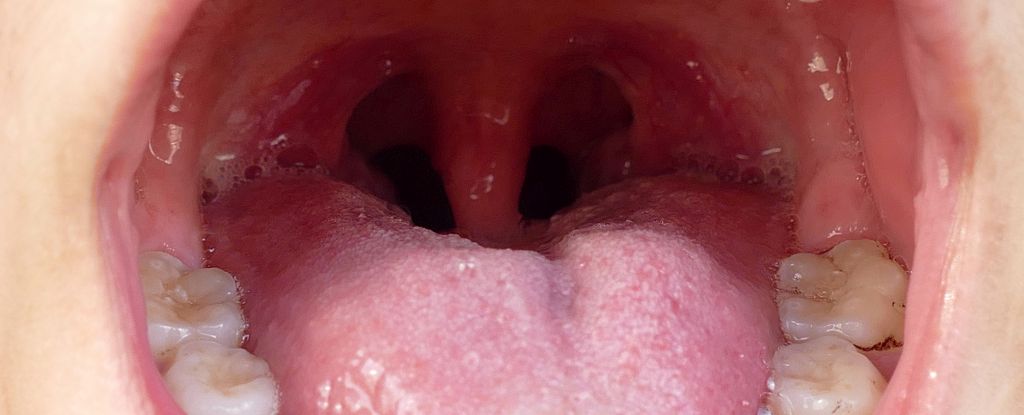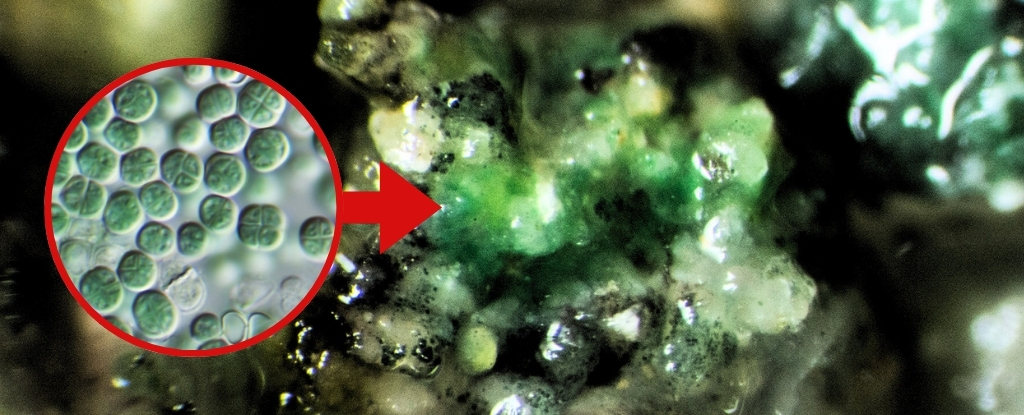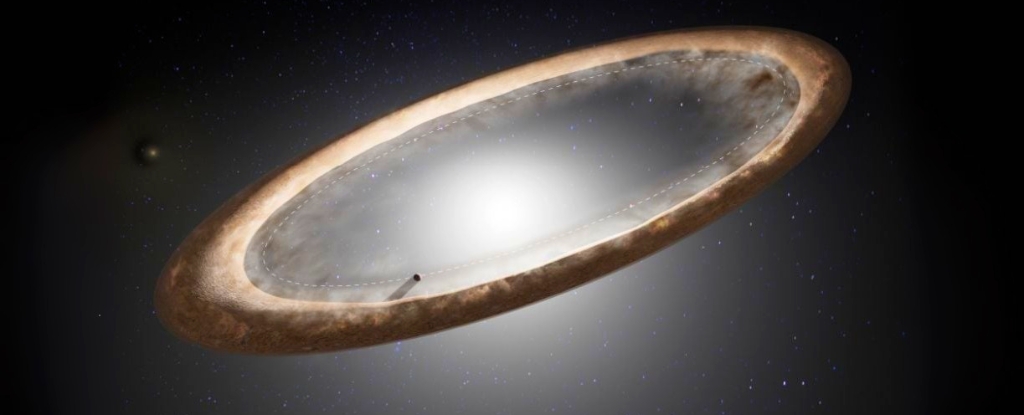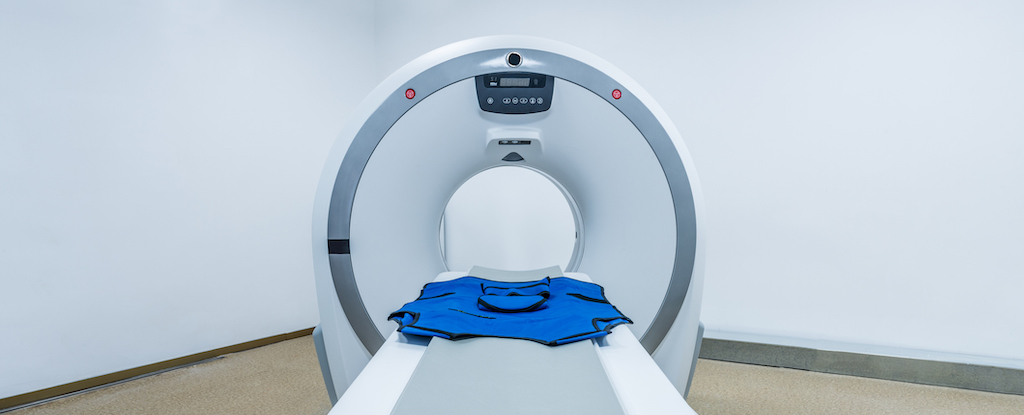UK researchers on Wednesday announced the trial of a blood test for Alzheimer’s, which it is hoped will transform the diagnosis of the disease. Researchers at University College London (UCL) will assess whether the test could improve the accuracy of diagnosis from 70 percent to over 90 percent. Medics say early diagnosis is critical with Alzheimer’s, which is the most …
Read More »Tag Archives: ScienceAlert
Oddball Creature Has 229 Chromosome Pairs, a Record in The Animal Kingdom : ScienceAlert
An unassuming butterfly called the Atlas blue has been confirmed to have the greatest known number of chromosome pairs of any animal. The elusive species (Polyommatus atlantica), which is native to the mountains of North Africa, possesses as many as 229 pairs per cell. To put that in perspective, most other butterflies have 31 or 32 pairs. We humans have …
Read More »Hawking’s Bold Theory Confirmed by Loudest-Ever Black Hole Collision : ScienceAlert
Ten years ago, scientists heard the universe rumble for the first time. That first discovery of gravitational waves proved a key prediction from Albert Einstein’s theory of general relativity and began a new era of astronomy. Now, a new gravitational-wave discovery marks the anniversary of this major breakthrough. Published today in Physical Review Letters, it puts to the test a …
Read More »A Type of Fiber May Have Weight Loss Benefits Similar to Ozempic : ScienceAlert
Research on the microbes living in our digestive tract has triggered a ‘revolution‘ in nutritional science. In the last few years, dietary fiber has become the “new protein“, added to foods in abundance to feed our gut’s microbiome and boost our health. However, a study on mice published in 2024 suggests that not all fiber supplements are equally beneficial. Related: …
Read More »Cannabis Use Linked With Chromosomal Abnormalities in IVF Eggs : ScienceAlert
A new study cautions high levels of cannabis use could harm chances of falling pregnant through in vitro fertilization (IVF). Testing 1,059 samples of follicular fluid from around the developing eggs of patients undergoing IVF treatments, University of Toronto embryologist Cyntia Duval and colleagues found 62 that were positive for tetrahydrocannabinol (THC). Immature egg cells (oocytes) from fluids with higher …
Read More »Your Own Mouth Bacteria Could Give You a Heart Attack, New Study Suggests : ScienceAlert
Bacteria normally found in the mouth could play a direct role in triggering a heart attack, a new study has found. In an examination of the arterial plaques collected from more than 200 patients with coronary artery disease, a team of scientists led by Tampere University in Finland found a surprisingly high percentage contained oral bacteria. “Bacterial involvement in coronary …
Read More »Microbe That Can Eat Mars Dust And Make Oxygen Could Be a Great Space Pet : ScienceAlert
Extremophiles are a favorite tool of astrobiologists. But not only are they good for understanding the kinds of extreme environments that life can survive in, sometimes they are useful as actual tools, creating materials necessary for other life – like oxygen – in those extreme environments. A recent paper from Daniella Billi of the University of Rome Tor Vergata, published …
Read More »Ultra-Processed Food Is Harming Men’s Health in Three Key Ways : ScienceAlert
A new study shows that ultra-processed foods (UPFs) can harm men’s health in a trio of notable ways: through weight gain, through the disruption of natural hormones, and through a reduction in sperm quality. The researchers behind the study, led by a team from the University of Copenhagen in Denmark, wanted to see if the processed nature of food makes …
Read More »Something Is Warping The Disk Around One of The Brightest Stars in Our Sky : ScienceAlert
Fomalhaut is one of the brightest stars in the night sky and is about 25 light-years away, making it a galaxy amenable to detailed observations. It’s also a young star, only about 440 million years old. At that age, stars like Fomalhaut are surrounded by active debris disks made of rock and dust from collisions between planetesimals. Exoplanets form in …
Read More »Study Links CT Scans With Risk of Birth Defects. Here’s What You Must Know. : ScienceAlert
A large study of more than 5 million women over 30 years has suggested that CT scans before conception could increase the risk of pregnancy loss and congenital anomalies. As concerning as the results seem, there are a lot of caveats to consider. This observational study was conducted in Ontario, Canada, between 1992 and 2023, involving 5,142,339 pregnancies that resulted …
Read More »